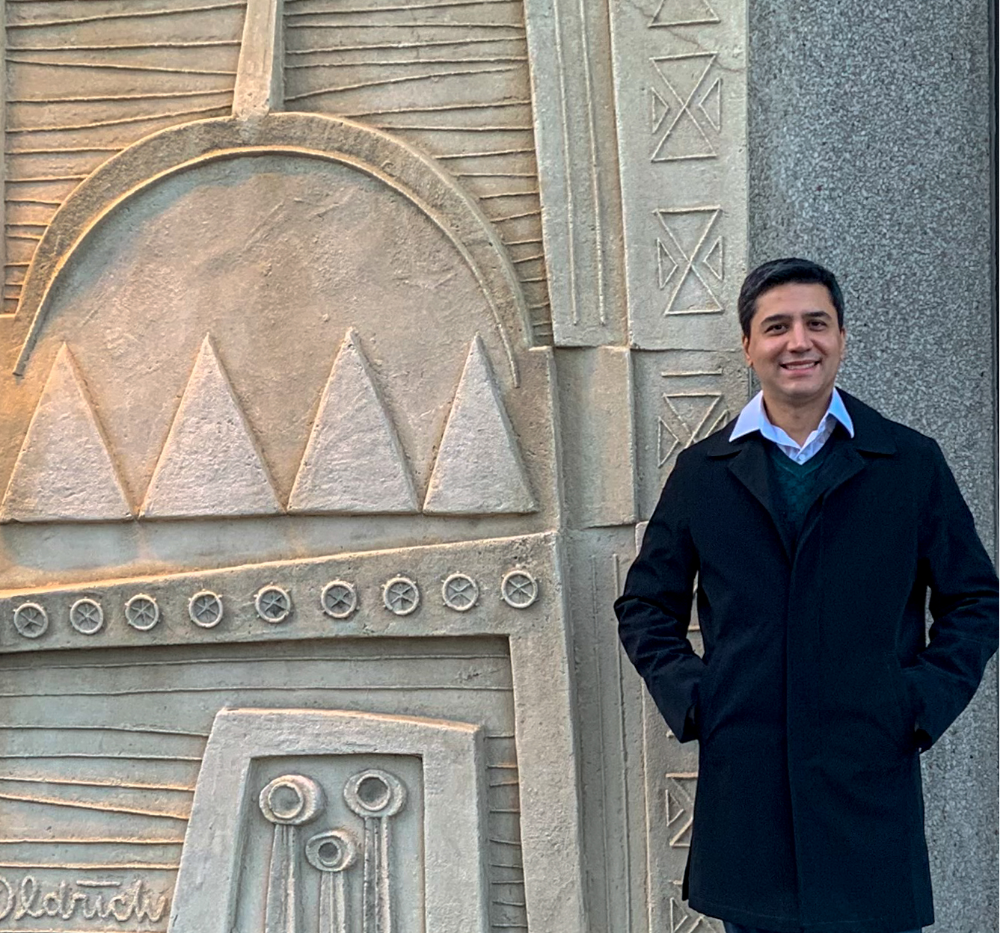
Feb. 3, 2021
UCalgary Political Science interviews our own Dr. Alberto Montoya C. Palacios

Dr. Alberto Palacios is a Visiting Postdoctoral Fellow in the Department of Political Science at the University of Calgary
Your work has moved from a concern with theories of war and peace, security, and defence cooperation in Latin America to cultures of revenge in Amerindian societies. How did you become interested in this area?
It came about during my previous research on the doctrines of preventive wars in International Relations. Following the medieval Catholic tradition of Bellum justum (just wars), the Spanish scholar Francisco de Vitoria made an argument in 1539 A.D. that drew my attention. He claimed Christianity’s preventive wars against Indigenous nations in the Americas were unjust. Since preventive wars are those waged before offences have been committed, starting them is therefore aggression. Just wars, then, were those intended to avenge offences already done. These tensions between concepts of just and unjust war, revenge, and retribution, which also have underpinned much of Amerindian warfare, drew me to this research area.
What research projects are you have been working on now?
Last year, my dissertation on wars of revenge of the Tupi-Guarani and the Yanomami peoples in Brazil was published in Portuguese by São Paulo State University Press (UNESP). I have since been synthesizing my findings and translating them to English for publication. I’ve also been improving my skills in qualitative comparative analysis and sampling methods concerning my research. My current interest is the foundations of Blackfoot warfare, including practices of vengeance.

What’s the next big thing you are planning to work on?
Usually, wars of revenge are framed as primitive social behaviour. I aim to shed light on the social functions that wars of revenge may perform, such as retributive justice. It is counterproductive to frame Amerindian revenge as primitivism because these societies display elaborate rituals to control revenge cycles. While here in Canada, my subsequent research may examine Indigenous alliances, including Blackfoot’s traditional allies, such as the Sarcee nation. Methodologically, I am looking towards the social mechanisms approach. It may offer an extra layer to the social functions of revenge. The former could be useful to unveil the micro-foundations of the phenomena.
Finally, people might not know, but you are also “d.o.c.a.p.” Tell us about that!
“d.o.c.a.p.” is dog owner, cyclist, amateur photographer! I'm an avid cyclist and love the cityscapes and scenery the Calgary area has to offer. The city has been a wonderful place to live, explore and take in the sights, mainly because I often carry my camera with me. When I’m not writing or researching, my favourite pastime is being outdoors, often with my dog in tow.
Thanks to Dr. Alberto Montoya C. Palacios for sharing with us.
Follow Dr. Alberto Montoya C. Palacios on Twitter at @ieepyk
To learn more, visit Dr. Palacios' profile.
